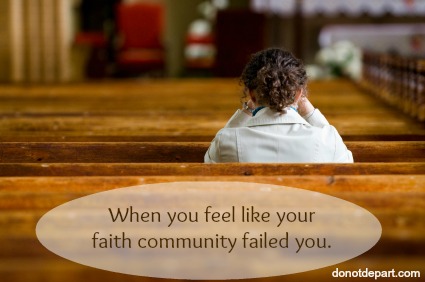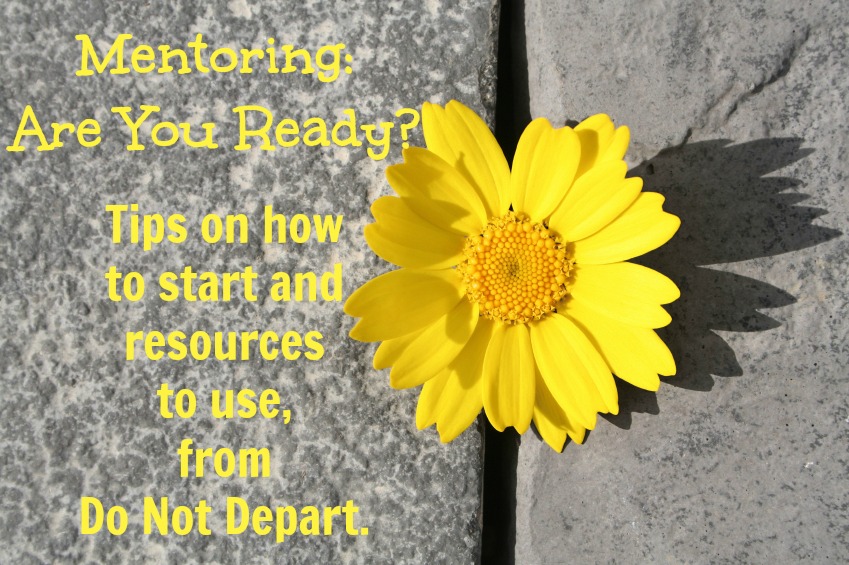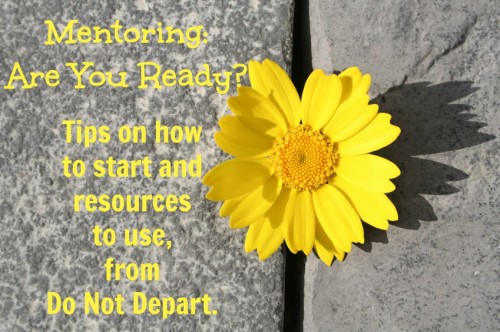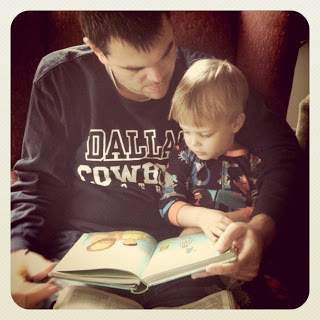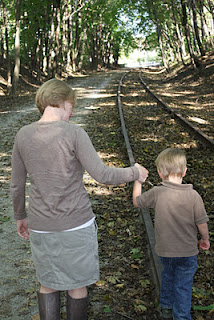The events leading up to the crucifixion and then resurrection of Christ are fascinating. Recorded in each of the Gospels, these events show the humanness and divinity of our Lord Christ. Read through just some of what happened:
- And as they were eating, Jesus took bread, blessed and broke it, and gave it to the disciplines and said, “Take, eat; this is My body.” -Matthew 26:26
- Then they came to a place which was named Gethsemane; and He said to His disciples, “Sit here while I pray.” And He took Peter, James, and John with Him, and He began to be troubled and deeply distressed. Then He said to them, “My soul is exceedingly sorrowful, even to death. Stay here and watch.” -Mark 14:32-34
- Then Jesus said to the chief priests, captains of the temple, and the elders who had come to Him, “Have you come out, as against a robber, with swords and clubs? When I was with you daily in the temple, you did not try to seize Me. But this is your hour, and the power of darkness.” -Luke 22:52-53
- Jesus answered, “My kingdom is not of this world. If My kingdom were of this world, My servants would fight, so that I should not be delivered to the Jews, but now My kingdom is not from here.” -John 18:36
- Likewise the chief priests also, mocking with the scribes and elders, said, “He saved others; Himself He cannot save. If He is the King of Israel, let Him now come down from the cross, and we will believe Him. He trusted God; let Him deliver Him now if He will Have him; for He said, ‘I am the Son of God.'” – Matthew 27:41-43
- And Jesus cried out with a loud voice, and breathed His last. – Mark 15:37
- Now on the first day of the week, very early in the morning, they, and certain other women with them, came to the tomb bringing the spices which they had prepared. But they found the stone rolled away from the tomb. Then they went in and did not find the body of the Lord Jesus. -Luke 24:1-3
- Then, the same day at evening being the first day of the week, when the doors were shut where the disciples were assembled, for fear of the Jews, Jesus came and stood in the midst, and said to them, “Peace be with you.” When He had said this, He showed them His hands and His side. Then the disciples were glad when they saw the Lord. -John 20:19-20
To help you focus your heart over the next few days, we’ve created an Easter time line, listed the events that changed the world so many years ago. It is simple and plain, so you are able to focus on what’s really important and read the accounts listed in the gospels of Matthew, Mark, Luke, and John.
Click here to print: Easter time line
Don’t miss the opportunity to slow down and let the depth of despair on Friday make the surprise and joy of Sunday even sweeter!


